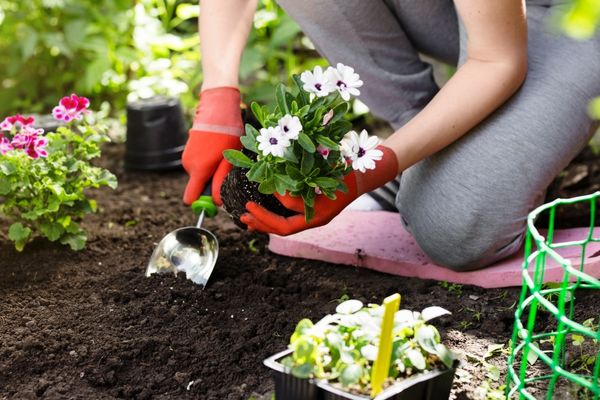Gardening is a great way to connect with nature and bond with your family. However, it’s not the easiest hobby to start on a whim because it requires a lot of learning. Whether you want to grow fruit, vegetables, flowers, or privacy shrubs, knowing some gardening basics is the key to success. Although you’ll continue to learn as you go in your new adventure, you may benefit from understanding some necessary gardening knowledge for beginners.
Find the Right Location
One of the first things you should decide when gardening is where you’ll plant your new trees and bushes. Although this may not seem like a big deal, the planting site can determine a plant’s overall health and success. For instance, choosing a shady spot for a fruit tree isn’t the best option, as they require ample sunlight daily. Additionally, putting your garden out of sight might cause you to neglect it because you don’t see it every day.
Discover Your USDA Hardiness Zone
The United States has different USDA hardiness zones to help gardeners choose the best plants for their region. These zones indicate which plants will survive in specific climates, and higher numbers imply warmer climates. For example, if you’re in zone 4, a plant that’s hardy to zone 3 will survive in your area. However, your location may be too cold for trees hardy to zone 6. Be sure to learn your zone before purchasing plants.
Keep an Eye on Insects
Insects are an inevitable part of gardening, but they aren’t always bad. Interestingly, there are various insects that help your garden, although you should be on the lookout for harmful pests that can cause extensive damage to your plants and trees. It’s impossible to know everything about every insect you see, so keeping an eye on them and their impact on your garden is crucial.
Remember That Mulch Is Your Friend
It’s no secret that plants need water to grow and thrive, but daily watering isn’t always necessary. If you find that the ground in your area dries quickly, consider adding a few inches of mulch around each plant to prevent weeds from growing and to slow the process of water evaporation. Mulch is your friend when it comes to boosting your garden’s health and potential.
Hopefully, starting with some necessary gardening knowledge for beginners will help you begin your gardening journey on the right foot. Experience is the best way to learn more about plants and nature, but knowing the basics beforehand is incredibly helpful.

